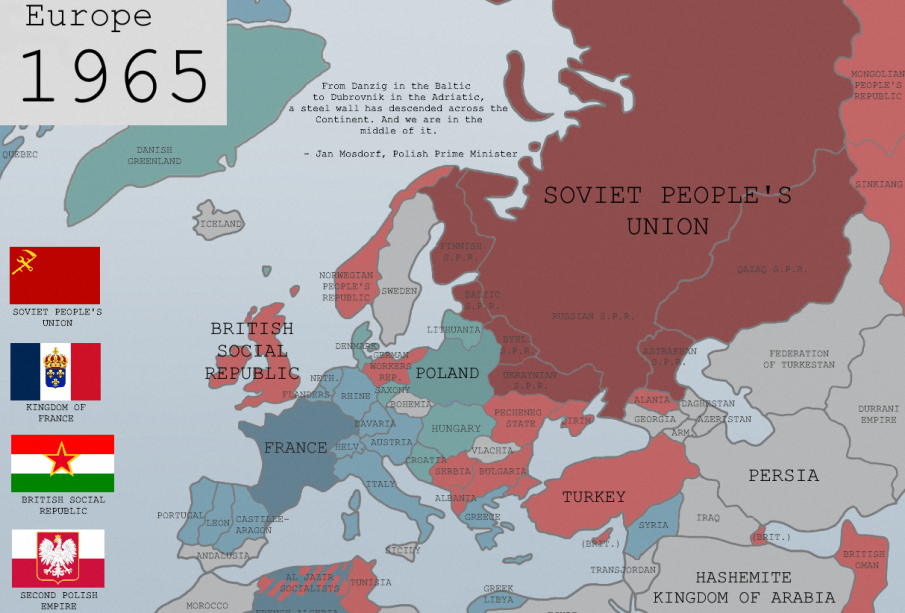Understanding the Current State of War in the EU

Introduction
The ongoing conflicts within the European Union (EU) are not only significant for the region but also hold crucial implications for global security and geopolitics. As the EU grapples with escalating tensions and military engagements, understanding these developments is essential for citizens, policymakers, and analysts alike.
Current Conflicts in Europe
As of late 2023, the most prominent conflict affecting Europe is the ongoing war in Ukraine, following Russia’s invasion in February 2022. This war has fundamentally altered the security landscape in Europe, leading to unprecedented military, economic, and humanitarian responses from EU member states. The EU has united in imposing sanctions against Russia and has provided substantial support to Ukraine, including military aid, financial aid, and humanitarian assistance.
Moreover, there have been rising tensions in the Balkans, especially regarding Kosovo and Serbia, where historical grievances have led to flare-ups of violence and the potential for broader conflict. The EU’s role as a mediator in this region is crucial, as it seeks to stabilize the situation while also advocating for democratic reforms and human rights.
Broader Implications
These conflicts have significant implications for EU cohesion and foreign policy. The war in Ukraine has tested EU unity, with some member states advocating for stronger measures against Russia, while others are more cautious. The EU’s collective defense policy is evolving, as demonstrated by its commitment to bolster military cooperation and increase defense spending amongst member countries.
Additionally, the EU’s dependence on energy imports from Russia has been called into question, prompting a push towards energy independence and a faster transition to renewable sources. This shift not only affects energy security but also shapes the future economic relations within and outside the EU.
Conclusion
The ongoing wars and conflicts in the EU represent a critical juncture for both the region and the wider international community. As the EU navigates these complex challenges, the potential for future conflicts cannot be overlooked. The need for diplomatic solutions, humanitarian support, and strategic economic policies is more pressing than ever. Following these developments is essential, as they will likely have lasting effects on global politics, security, and economic stability.









